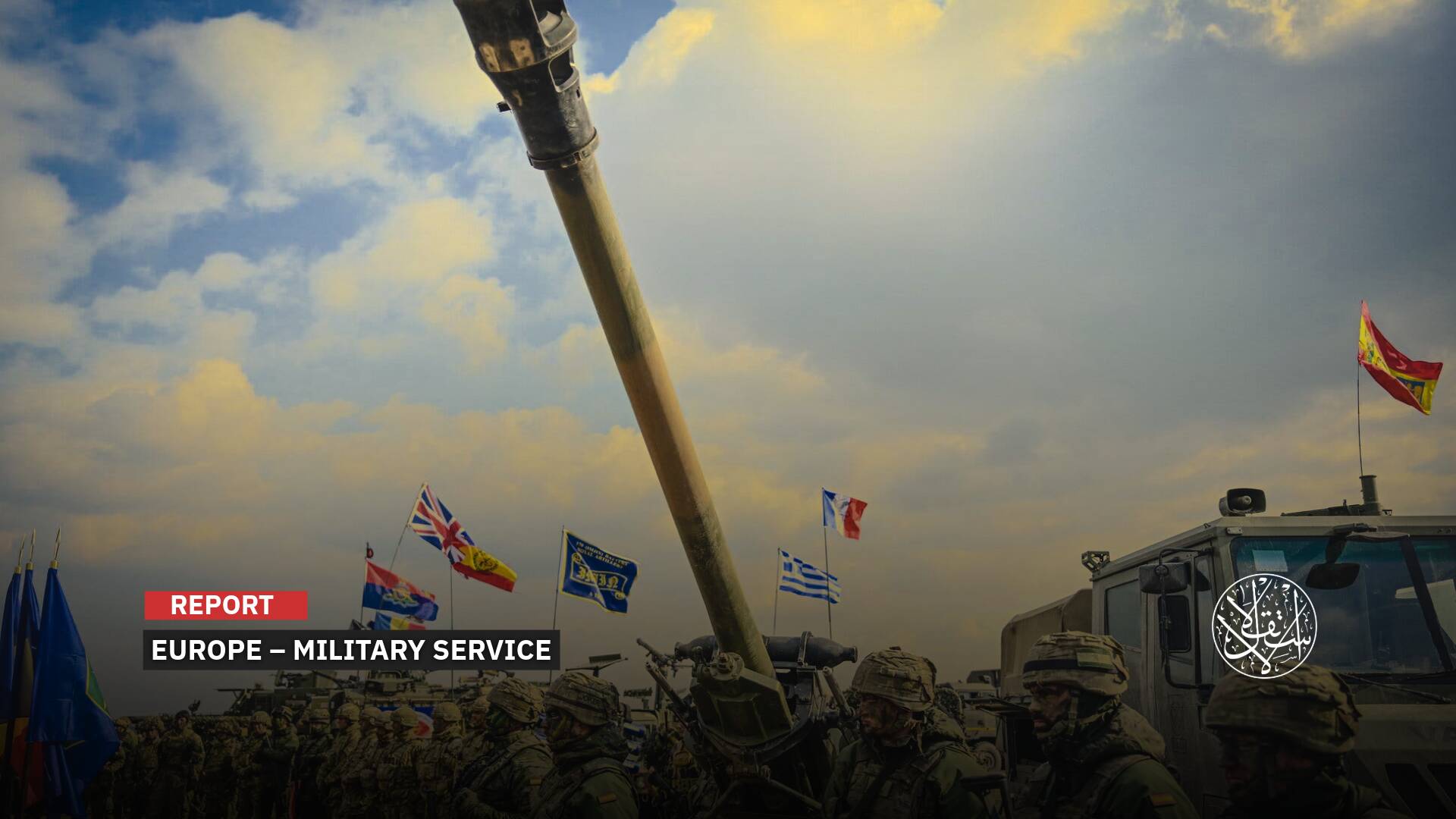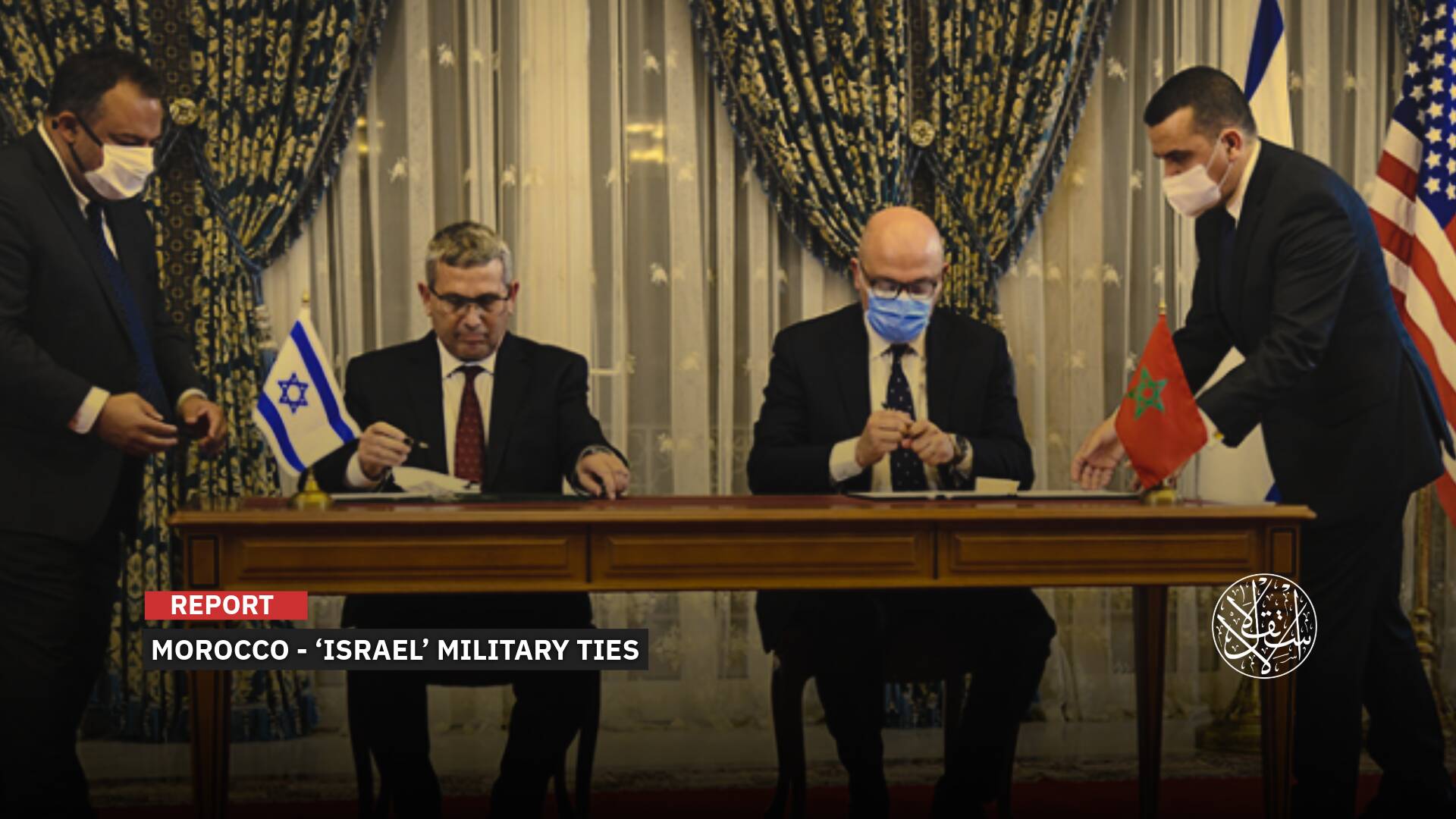This Is How Stabbing Crimes Sparked Political and Social Reactions in Germany

“Germany has experienced a steep rise in knife violence in recent years.”
Germany has been in a state of shock since Friday evening, August 23, following a knife attack that left three dead and eight wounded, during a celebratory gathering in the city of Solingen, on the occasion of the 650th anniversary of the founding of the city.
According to eyewitnesses, the suspect initially fled, and the German police were unable to identify him. However, he later turned himself in to the city police, where it turned out that he was a 26-year-old Syrian refugee who arrived in Germany in 2022.
On its part, ISIS claimed responsibility for the incident through its Amaq agency, considering the attack part of its strategy to influence Western society and increase social tensions, which raises serious repercussions beyond the crime itself, especially in the context of issues related to refugees in Germany.
The attack has fueled political tensions in Germany over asylum and deportation rules, as well as violent crimes ahead of the three state elections next month.
Many political parties expressed their shock at the incident and their solidarity with the victims' families, but at the same time many of them rejected the far-right parties' exploitation of this incident for political and partisan purposes.
It is noteworthy that criminologists don't see a link between violent crime and immigrant background.
Solingen Crime
The recent stabbing incident in the German city of Solingen has sparked controversy and caution, prompting many politicians to call for tightening the right to asylum and deporting suspects.
German opposition leader Friedrich Merz of the centre-right Christian Democrats (CDU) also called for a halt to accepting people from Syria and Afghanistan, without changing the Basic Law.
In response to him, German Chancellor Olaf Scholz, who rejected undermining the individual right to asylum, said: “The individual right to asylum remains as written in our Basic Law, and no one will question that with my support.”
Scholz promised to tighten Germany’s laws on weapons, especially knives, reduce the inflow of irregular migrants and increase deportations
The new attack is adding to political tensions in Germany, Politico reported, as it risks feeding the far-right narrative that Scholz’s ruling coalition talks too much and acts too little.
Interior Minister Nancy Faeser has also come under fire from Florian Hahn, a member of parliament, who has accused her of failing on security.
Christian Lindner, leader of the Free Democratic Party (FDP), was open to Merz’s proposals, saying: “The FDP is ready to make non-partisan efforts to consistently implement the new realism on migration at the federal and state levels.”
Lindner also stressed: “We also propose that Dublin refugees, such as the perpetrator in Solingen, should not receive social benefits in Germany until they can travel to the responsible EU country.”
“All democratic parties have a responsibility to decisively combat the threat of terrorism, and the federal government and the state governments share responsibility,” said Britta Hasselmann, leader of the Greens.
German President Frank-Walter Steinmeier has expressed his willingness to discuss giving more powers to the security authorities, noting that better protection against such attacks is needed.
Steinmeier called for increasing the number of security officers in the event of a terrorist threat and expanding the powers of the Federal Criminal Police Office.
Justice Minister Marco Buschmann said the government would hold discussions on tightening weapons and knife laws as part of efforts to reduce the recent increase in knife crime.
The Interior Minister has proposed tightening knife laws, but the FDP, which is part of the government, has so far rejected it.
The Social Democrats support a complete ban on carrying knives in public places.
“The terrorist attack shows that there is a problem with knife violence in Germany, and for me there is no reason why people should carry any kind of stabbing tool in their daily lives,” said party leader Lars Klingbeil.

Political Exploitation
The attack has reignited the debate over immigration in the European Union's most populous country ahead of regional elections next weekend in Saxony and Thuringia, two states in former communist East Germany.
The Alternative for Germany (AfD) party has tried to exploit the knife violence issue as part of its election campaign in three eastern states.
The far-right party attacked the ruling coalition and other parties for what it saw as a disastrous failure to protect German citizens, calling for the expulsion of migrants and no more refugees.
Tino Chrupalla, a co-leader of the AfD, wrote in a post on X: “A ban on knives will not help to prevent such situations. Germany needs an immediate change in its migration and security policy!”
Alice Wedel, a co-leader of the AfD, called for a moratorium on immigration for at least 5 years, and argued for deporting all irregular migrants who do not currently possess a legal residence permit.
Wedel also claimed that there were more than 15,000 knife crimes in 2023, which she considered a record number.
However, she later corrected the figure to 13,844, which included robberies in which a knife was used to threaten the victim.
In contrast, the main parties, such as the Social Democratic Party (SPD) and the Christian Democratic Union (CDU), called for the incident not to be used for political purposes.
They also called for avoiding promoting hatred against refugees, and for the focus to remain on security investigations.
German media reported that police had increased their numbers in cities and near refugee housing, fearing retaliation against them.
The North Rhine-Westphalia police website also reported that the city of Solingen had canceled celebrations and gatherings that were scheduled to take place in the coming period, to avoid further attacks or reactions.
Many refugees and foreigners living in Germany have expressed their fears about the backlash resulting from this incident.
Many of them also believe that the government may take further punitive measures against those waiting for decisions on their residency renewal applications or asylum applications.

Knife Violence
In recent years, Germany has witnessed a sharp increase in knife violence incidents, prompting many officials and politicians to demand strict measures to address this phenomenon.
Knife violence has become a prominent issue in German society, with attacks particularly concentrated in city centers and railway stations.
Just three months ago, an Afghan citizen who had been living in Germany for years attacked an anti-immigrant rally with a knife and killed a police officer in the city of Mannheim.
In response to this phenomenon, the Interior Minister called in statements to impose new restrictions on carrying knives in public places, just days before the stabbing incident that killed three people at a festival in the city of Solingen.
Police statistics show a nearly 10% year-on-year increase in serious bodily assaults using a knife, to 8,951 cases in 2023 compared with 2022.
Federal police said knife crimes at railway stations had soared last year to 777 attacks, with 430 cases recorded in the first half of this year.
Charite hospital in Berlin reported treating as many stab wounds in the first six months of 2024 as in the entirety of 2023, according to public broadcaster RBB – about 50 to 55 cases.

But the police have only been collecting knife crime statistics since 2021, and criminologists are wary of defining the latest figures as a trend.
Dirk Baier, a German criminologist at the Institute of Delinquency and Crime Prevention in Zurich, said Germany really doesn't have much data on knife crime at all.
Though non-Germans are disproportionately represented in police knife crime statistics, that in itself is not a very helpful insight, argued Baier.
On the other hand, criminology experts have warned that stricter laws may not be enough to stop knife attacks.
Baier pointed out that this phenomenon needs to be addressed more deeply, beyond strict legislation to social education and awareness of the dangers of carrying knives.
He stressed that the best solution lies in addressing the social problems behind this rise in stabbing cases.
Sources
- Scholz announces rapid tightening of gun laws in Solingen [German]
- German far right seizes on knife attack ahead of crucial state elections
- Solingen stabbing comes amid steep rise in knife crime in Germany
- Germany wants to get tough on knife crime with stricter laws
- Germany to prevent irregular migration, without suspending asylum rights: Chancellor Scholz











